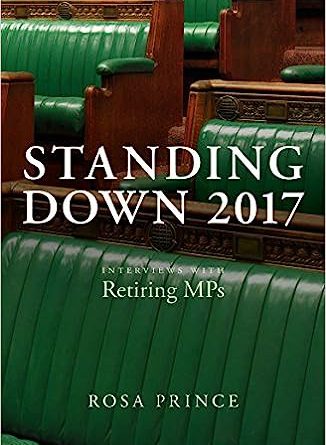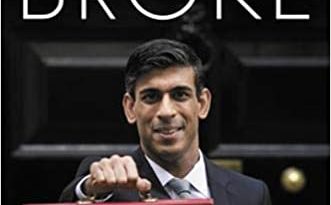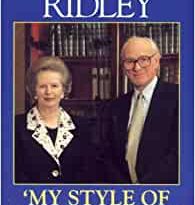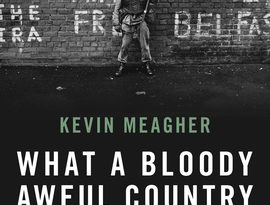BOOK REVIEW : Standing Down 2017 – Interviews with Retiring MPs by Rosa Prince
This book, published by Biteback Publishing, is a series of interviews with MPs who decided to stand down at the 2017 General Election. 13 MPs from different political parties were interviewed and asked about their experiences in the Commons and the reasons that they had for standing down. The MPs interviewed were Michael Dugher, Peter Lilley, Gisela Stuart, Sir Simon Burns, Dame Angela Watkinson, Douglas Carswell, Sir Edward Garnier, Iain Wright, Sir Eric Pickles, Alan Johnson, Sir Alan Haselhurst, Graham Allen and Pat Glass.
The first interview in the book is with Michael Dugher, who retired at the relatively young age of just 42, the youngest of the MPs in the book. He mentioned that the 2015 General Election result was “horrific” and he struggled with the subsequent leadership of Jeremy Corbyn and he quit after four months in the Shadow Cabinet. He found great pride in the role of being an MP, but ultimately he wanted to do more with his life with politics.
The oldest MP in the book was Alan Haselhurst who was 80 when he made the decision to stand down after having served as the Conservative MP for Saffron Walden for 40 years and previously he had been the MP for Middleton and Prestwich for 4 years. He wasn’t keen to leave, but thought his age meant that 2017 was the right time to stand down, with the highlight of his career being the Deputy Speaker for 13 years. All of the MPs had expected to serve until 2020, which is when the Fixed Terms Parliament Act had scheduled the General Election to be, meaning many had to make decisions on whether to stand again in 2017. Haselhurst clearly left the Commons with some reluctance, with his greatest disappointment being that he didn’t get the chance to become the Speaker of the House.
Pat Glass stood down at the age of 60 and she was one of the few interviewed who didn’t feel quite at home in the Commons, being someone who had never previously intended to be an MP. She accepted that it’s a tough job and one of the reasons that she stood down was the abuse that she received from the Vote Leave campaign, she felt that she didn’t need that sort of negativity and wanted other ways to help her community. She served as Shadow Secretary of State for Education for just three days under Jeremy Corbyn, resigning over his treatment of Hilary Benn, although she did return later on in a more junior Shadow role and enjoyed that more.
One MP was felt that his job was done was Douglas Carswell, who left the Commons at the age of 46 after representing the constituency of Clacton since 2005. As soon as the Brexit referendum was over he felt that he had achieved what he wanted, having entered the Commons on the subject of the European Union. He had nearly left the House earlier on, he was soon disillusioned by the workings of the Commons and he nearly left on a few previous occasions. He is the only MP interviewed in the book who felt entirely fulfilled about their purpose for entering the House.
Others explained that their reason for leaving was they didn’t want to over-stay their time in the House, with Sir Edward Garnier retiring at 64 and saying it was best for people to ask why you were leaving rather than asking why you’re still here. He was one of the MPs who found that there were too many emails to deal with, many of which were automated to some degree rather than being personal contacts from constituents. Garnier had controversially been one of the MPs who kept on with his legal career whilst serving in the House, noting that he felt it was long hours staying in the Commons during late night debates and then going to Chambers to “earn his living” the next day.
Peter Lilley, who was appointed to become the Secretary of State for Social Security by Sir John Major in the 1990s, also comments on the volume of emails, saying that his constituents were “too literate”.
Eric Pickles remarked that he had joined the Commons because Margaret Thatcher had asked for him to be found a seat, impressed at his work when he was leader of Bradford Council. He had found it difficult in the 1990s, watching a few Conservative MPs enjoying the problems they were causing Sir John Major on Maastricht, and he was angered by their behaviour. He enjoyed his Cabinet role after the 2010 General Election, but noted he stood down from that when David Cameron decided to ask Liz Truss to lead on a housing debate and he commented that she “didn’t know an awful lot about it”.
The book is an interesting look at why MPs stood down and they were all asked about their highest and lowest points during their career. There is unfortunately no summary from the author to try and bring the interviews together, they are just presented in the book in summary form but that doesn’t overly detract from the quality of the book. It’s intended that there will be a series of these books, with no shortage of MPs available to be interviewed for the next General Election.



